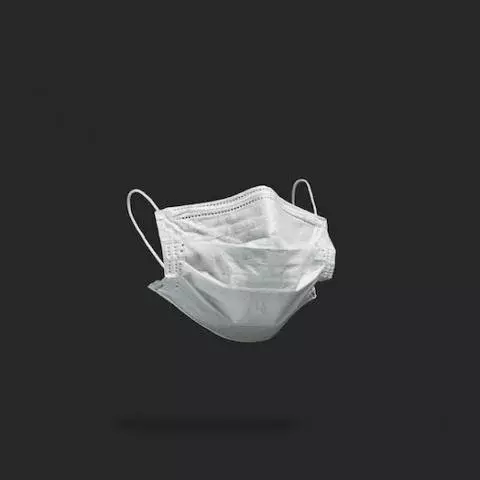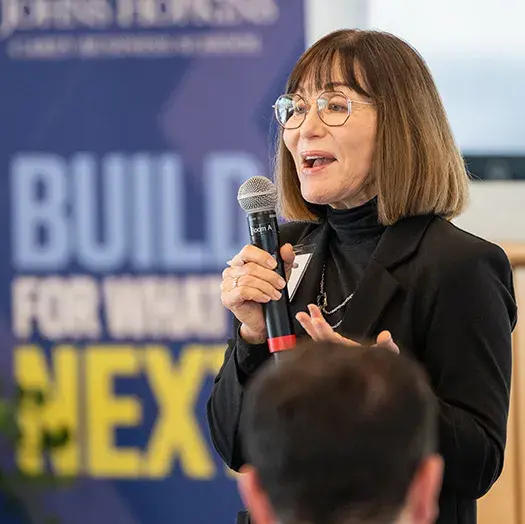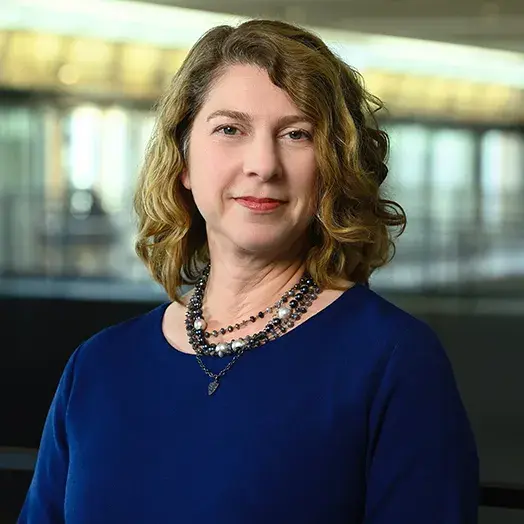
Pandemic Impact: Carey and the COVID-19 Crisis
Most of the university workforce – with the exception of essential personnel such as health care workers – was instructed by mid-month to begin working at home.
Students were informed that all courses and exams would be conducted remotely for the remainder of the spring term.
Routine access to campus facilities was halted, but student services would continue to be offered in virtual form. One of the more unfortunate effects on the entire JHU community, particularly on students about to earn their degrees, was the decision to cancel all in-person commencement ceremonies scheduled for May.
Instead, they would become virtual events. Indeed, all in-person, university events were suspended, including tours, admissions events, and alumni events. Carey faculty who were new to online instruction gamely adapted to the new reality. Meanwhile, Carey faculty members, like many of their colleagues across the university, suddenly began fielding an inordinately high number of interview requests from media members who sought to cover every angle of the biggest story in many years.
In addition to doing Q&As on various subjects related to their respective areas of expertise (which appeared on the Carey website and The JHU Hub news site), Carey faculty members were quoted in COVID-19-related articles for publications and platforms including USA Today, Slate, Bloomberg TV, and Radio, Yahoo! News, Fortune, Marketplace, The Baltimore Sun, The Orlando Sentinel, Futurity, Phys.Org, Business Insider, Baltimore Magazine, The Hill, and Health Affairs.
“You are not in this alone. Every nation, every person, is affected by COVID-19. It does not recognize international borders and it does not care about your nationality, or whether you are young or old, or rich or poor."
Alexander Triantis, Dean
Throughout the crisis, Dean Alexander Triantis checked in with periodic emails to members of the Carey community. At the end of March, as lockdown conditions looked increasingly likely to last for more than a few weeks, the dean wrote to students, faculty, and staff, “You are not in this alone. Every nation, every person, is affected by COVID-19. It does not recognize international borders and it does not care about your nationality, or whether you are young or old, or rich or poor. This is a human problem and we must all work together to solve it. Working together, we will continue to do our part to keep ourselves and our community healthy and safe.”
Faculty, alumni raise funds, send aid to China
By February 1, the COVID-19 virus outbreak in China had already resulted in 14,000 confirmed cases and 260 deaths – numbers that would pale alongside those to come in the next few weeks. A small team of Carey Business School faculty members determined to do something to help. Carey alumni in China had reported severe shortages of protective equipment for medical workers. So the faculty team – Associate Professors Xian Sun, Tinglong Dai, and Jian Ni, and Professor Philip Phan – decided to raise funds to buy protective medical gear that would be delivered to the workers in China.
The team reached out to Carey faculty members, and over the next two days they pitched in $17,256. Working with a Maryland medical supply company, the team bought 1,225 sets of DuPont protective coveralls and shipped them to Huaxi Hospital in Chengdu, the capital of southwestern China’s Sichuan province. The hospital “was identified by our contacts in China as a key provider of medical personnel and material into Hubei Province [the outbreak’s epicenter],” explains Phan, the Alonzo and Virginia Decker Professor of Strategy and Entrepreneurship, in an email to the faculty after the shipment. “They have sent multiple medical teams into Hubei to help with the relief efforts and faced their own shortages. They will receive and transport our supplies to the cities of Wuhan and Huangshi in Hubei province with their many medical teams.
The team bought 1,225 sets of DuPont protective coveralls and shipped them to Huaxi hospital in Chengdu, the capital of Sichuan province.
Once the price of shipping was added to the cost of the coveralls, the faculty fund was still about $850 short. But Carey alumni in China, led by Hao Yu (MBA ’12), president of Carey’s Beijing alumni club and a member of the Dean’s Advisory Council, quickly assembled a fund of their own to cover the deficit. Phan adds, “The material was received in good order and acknowledged by the Huaxi Hospital on March 18. The gear was distributed immediately and put to use.” The team of organizers emphasizes that the effort was strictly an independent initiative of the Carey faculty, with no official involvement by the business school or Johns Hopkins University. As the organizers wrote in the mid-February fund request emailed to the faculty: “Our Chinese students, faculty, and their families have been a part of Carey’s DNA as long as she has been in existence. Every day, we are given the opportunity to live and demonstrate our values and beliefs. Our Chinese family need to know that we stand with them in this hour of crisis.”
For more information, including the latest updates, please visit the COVID-19 pages on the Carey website, at carey.jhu.edu/covid-19-updates and carey.jhu.edu/ covid19-business-economic-impact.
Helpful information is also available on the JHU Hub’s COVID-19 site.


